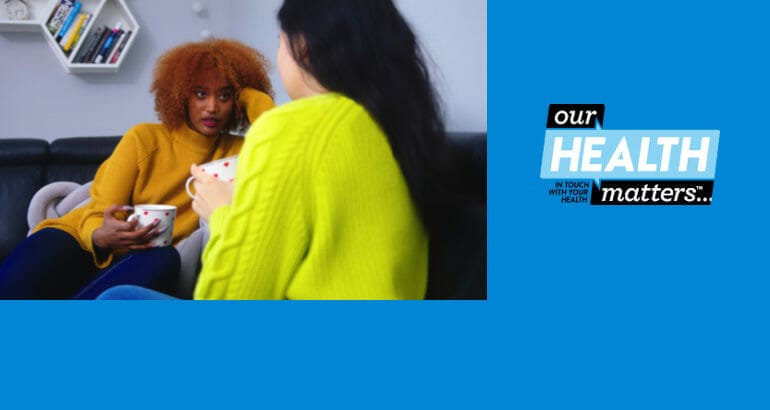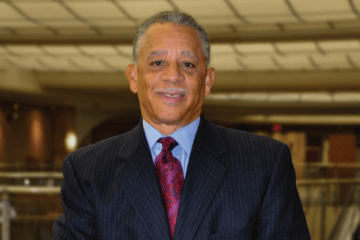The reasons may (or may not) surprise you.
By Jeanene Dunn, OHM Staff Writer
It’s hard to believe that anyone would keep a cancer diagnosis a secret, especially from their closest loved ones. It is not the norm, but it does happen.
Retired mental health nurse, Nancy, shares a couple of reasons why. “When a person hears the word ‘cancer,’ it’s scary and overwhelming,” she says. “The cancer they have may be treatable, but they don’t hear that,” she explains. “All they hear in that moment is cancer.”
It’s not so much that people don’t want to share their diagnosis, but here are some reasons why they may need a moment:
- They don’t want their life to be defined by their illness.
- They don’t want pity.
- They don’t want to constantly talk about it.
It can be hard for patients to process
A cancer diagnosis naturally brings a lot of questions and a range of feelings. Some may feel concerned, angry, sad, depressed, overwhelmed, scared and alone. They may need time to fully process the diagnosis themselves before sharing the information with others, including family.
Work through your feelings first
You may need a moment to come to terms with your feelings before you share your diagnosis with family and others. Most people don’t want to carry that burden alone but may need a little time. If you’re struggling with your own feelings, it’s okay and completely normal.
Make a list
Tell your spouse or partner first. If you’re unsure who else needs to know outside of family, you may want to make a list of others you can confide in. Consider telling a few key family members who can contact others with the news. As for friends, separate close friends from people you know casually. If you don’t have family members or children who live near, you may find support through your circle of friends. Such was the case with Ana*.
Ana was a single, childless woman whose parents had died years ago, and her siblings lived out of state, halfway across the country. Even though she remained in her hometown, she was a private person with a small circle of close friends. When she was diagnosed with ovarian cancer five years ago, she told her brothers first and then reached out to trusted friends, who loved and supported her.
When Ana started losing her hair due to chemo, her hairstylist (and best friend), Kara, booked her an appointment after hours. There were no other stylists or clients in the salon. We laughed, talked and cried,” Kara says. “It is a moment I will never forget. I was honored to be there for her.”
Be sure to tell your employer
If you are employed, notify your supervisor, as well as Human Resources. Depending on your length of service on the job, you may qualify for paid time off or medical leave for doctor’s appointments and treatments, if necessary. Coworkers can be a great support system, too. When you’re making your list, include your work family, if you have those type of relationships.
Maintain your routine
Keep life normal as much as you possibly can while you’re going through treatment. Encourage caregivers and family to take time for themselves and take care of their physical and mental health. This is especially important if there are children in the home. Try to keep their routine as normal as possible.
Get help
If you need help talking to your loved ones about your cancer diagnosis, consult your healthcare provider for guidance. If you are struggling with your mental health, don’t hesitate to ask for the help you need. Support groups are also an excellent resource for information and support.
Visit cancer.org and search for “telling others about your diagnosis.”
* Ana and Kara are not the real names of the women in this article.





